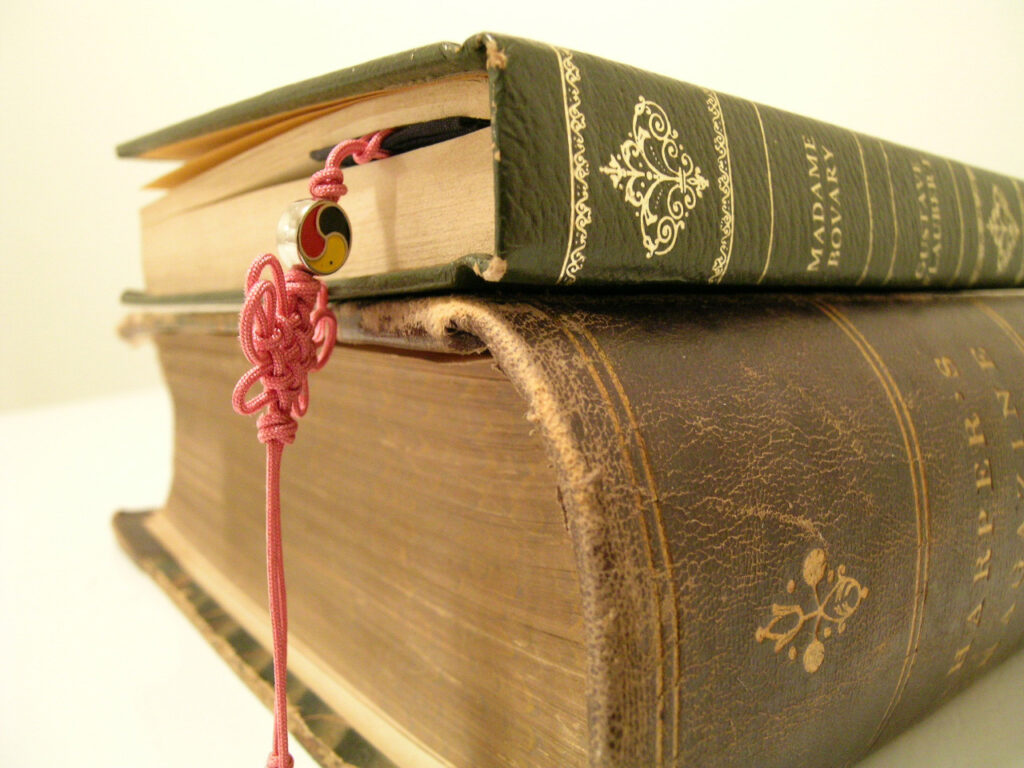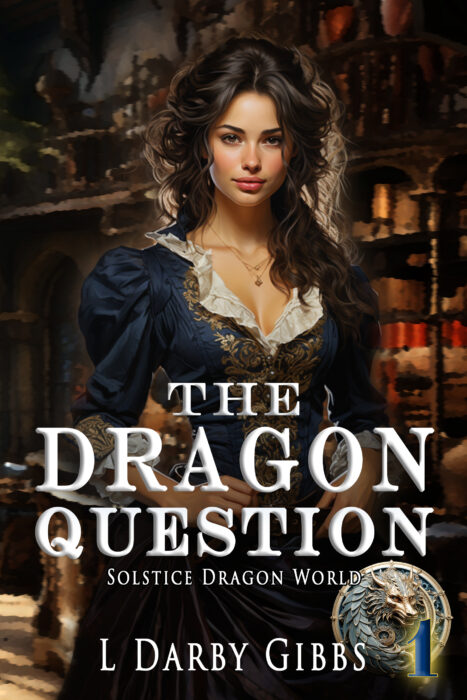 |
| Just let me learn |
Writers learn all the time. We want not just our facts as close to accurate as possible, poetic license not withstanding, but we are always looking for inspiration. So we cannot help but be active learners. And we do it like this.
- We go looking for what kind of pine trees are located near Devil’s Lake in Oregon and get all caught up in the fertilization process of the Ponderosa Pine. Okay, not necessarily “we,” that was me.
- But many of us want to learn how to make a book trailer and end up chatting with several authors who have done this and several others who have not but want to and a few that feel they could use one but know they will never do it because it just looks like too much work. Somewhere in the process, we feel inspired to begin mapping out the trailer we were contemplating and then check on the software recommended by the experienced writers, and…we learn something.
- We are inspired. We look for things to inspire us. We want to learn because learning inspires us.
- When we drive to the grocery store (usually out of guilt because while we have been writing all day, someone else in the family has been cleaning house, mowing the lawn, or doing the laundry), we see people, I mean really see them. For example, we might look at the mother with the three little girls, two which look like they may be fraternal twins, but we’re not sure and we don’t want to ask, but they sure look the same size. We consider that maybe they’re cousins or playmates and that could explain why they are the same size. Or maybe they really are twins, or the older same size girl is just smaller because she takes after the mother’s side of the family while the actual younger one takes after the father….. Now we get to thinking about our own family and when we get home, instead of writing, we get on Ancestry.com and look up our family roots or call Grandma and ask about the first friend she remembers having and whether they were the same size or not. No matter what, we spend our days learning.
- Did you know that cartographers put in fake towns on their maps so they can catch plagiarizing map makers? And did you know that Rand McNally was accused of plagiarizing someone else’s map and the company (Rand McNally) was able to prove they hadn’t plagiarized because people began going to that fake town and ultimately put in a few businesses and built a couple houses and called the place by the fake name that the map said was there. I learned this when I was looking for inspiration and watched a TED talks given by John Green about how nerds learn everything online. I dare you to go there and learn something.
- We writers are dependent upon our computers for a variety of purposes that support or directly involve our writing, so to combat the various ways a computer can mess with us, we find ourselves in need of learning it’s many secrets, i.e., how to save on at least three different back up systems or how to extricate a disk from a drive refusing to pop out the side of our laptop upon command or find out if we should start crying because our screen has gone completely black except for the little white arrowed cursor that we can still move. I learned a lot dealing with that unexpected computer moment.
- This does not even take into consideration how often we are reading books about writers, written by writers for writers to improve writing or even books for writers but not by writers (a definite paradox in that one).
- And what about when we watch those around us surreptitiously? We are paying attention not because we are nosy, but because we wish to catch the nuances of verbal vs physical communication between people who like each other, between people who don’t like each other, between a person who likes the other who does not like him/her. We are not being nosy, we are learning the trade.
- We look at how other authors organize their blogs, advertise their books, tweet, google+, etc., because we want to learn their secrets.
- We read the posts that Mark Coker writes because they are about writing and the market and how we are doing as a subgroup. And we hope to learn something vital from his examination of our accumulated activities. We do this on purpose.
- We give ourselves limits on how long we can research. And then we break the rule we created to avoid using valuable time we could use for writing because learning about the new colossal Stonehenge believed to be not more than three miles from the currently famous and provably present Stonehenge is just too interesting and we might, maybe, someday use that information, sort of.
- You know when the company decides to replace the thingamajig you’ve been using very well the last three years and you have to figure out how you are going to accomplish the same things using this new thingamajig? This happens. Routinely. This year it was change all the students’ laptop computers to Google Chromes. Now I could have pulled out my hair, ran round my room in circles cursing administration for yet again not asking me how this would affect putting out a school paper. But I didn’t because I might find it useful knowing all the ins and outs of this particular thingamajig. Took a principal, a technology director and me about two hours to put all the fingers in the dike before all my newsprint dripped off the pages of the yet to be published first issue. But we did it. Now my students are experts and sending documents compatible with our layout program is old hat. Nobody is crying in the corner. We all learned something.
- Have you noticed how often the things we do routinely teach us something new almost every time? I teach literature, and of course, I have favorite pieces I have my students look at each year. Even after reading “Of Studies” by Bacon numerous times, I still gain from the examination. This year it was the list of intake: taste, chew, swallow, digest. The depth at which we take in information equals the depth at which it influences and changes us. Read widely and deeply.
- Are you one of those people who read labels? I don’t mean when you go shopping, but that too is good. I mean whatever is sitting in front of you that has words gets read. I do that and it never fails to boot me off into interesting thoughts and ideas. Yeah, reading Mrs. Dash seasonings can make me creative. Who’d of thunk?
- Art work. Art work is amazing, inspiring and it makes me want to tell the story that continued of after the image was capture. I learn about these new characters and sometimes they stay with me long enough to become masters of their own stories. Other times they come in as bit parts for stories current in the works and sometimes, strangely enough, they offer a new viewpoint that changes the direction of something I’m writing. Without that trade of ideas, I wouldn’t have realized some off point in my idea, some not so ringing true interaction. We learn even from our imaginative selves.
It is likely you noticed there are not actually 20 ways of learning for writers written here. The reason my post-reading friend is I expect you to come up with a few to add to my list. Surely by now you have thought of your own active learning adventure that you would like to share.
#learning
#writers
